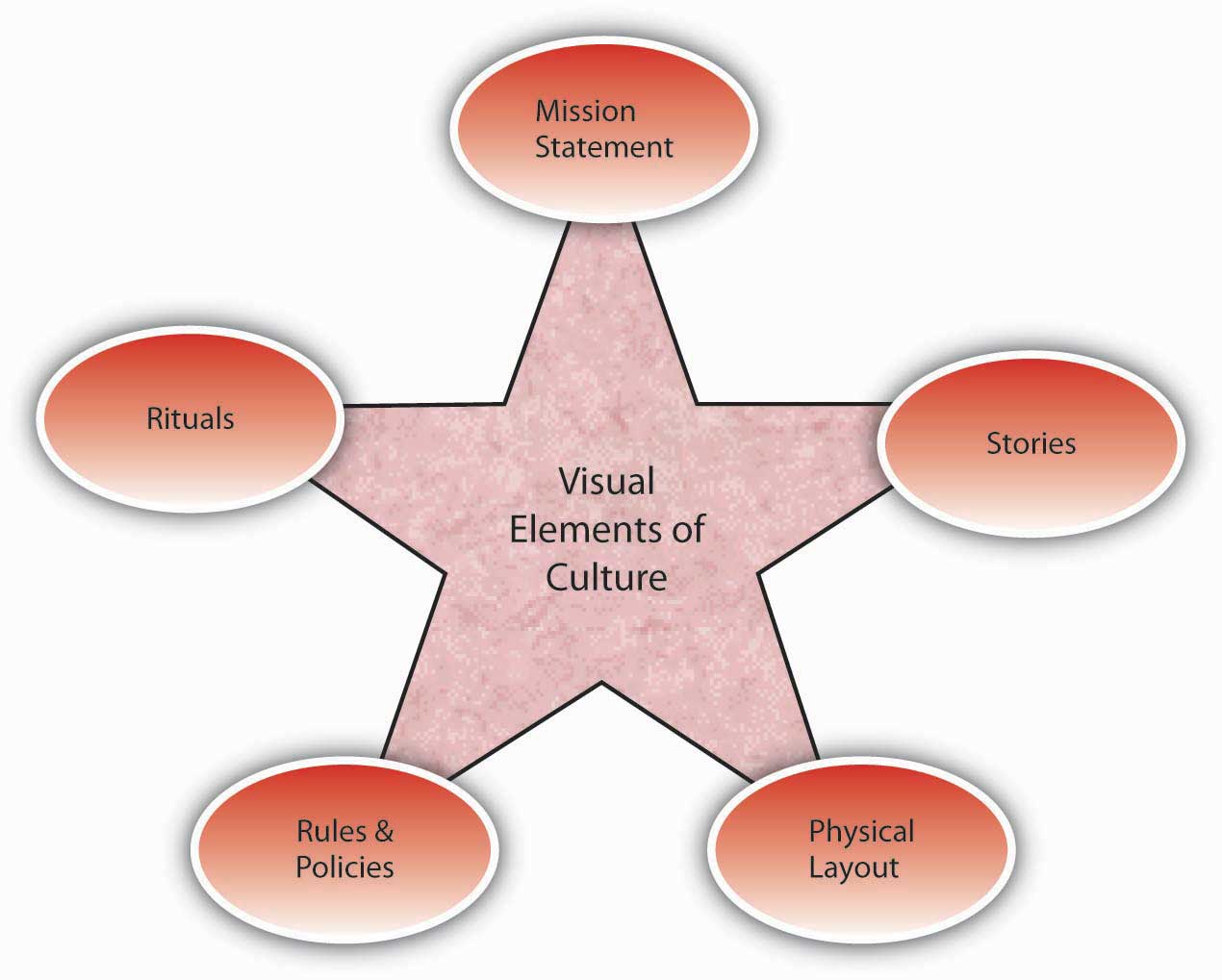The intricacies of human interaction are captivative, revealing a myriad of responses that emerge when individuals are confronted with cultural dissimilarities. The concepts of culture shock, cultural relativism, and ethnocentrism converge to form a tapestry of human experience that is as rich as it is complex. Understanding these phenomena not only enhances interpersonal relations but also paves the way for global cohesiveness in an increasingly interconnected world.
Culture shock often materializes when individuals immerse themselves in an unfamiliar cultural milieu, leading to feelings of disorientation and anxiety. This experience can be exhilarating yet overwhelmingly disconcerting. It encapsulates a sudden realization that one’s ingrained cultural norms do not translate universally. The abrupt change in environment, social cues, and behavioral expectations can leave a profound psychological imprint. Reactions can range from mild confusion to a severe feeling of alienation, as one’s familiar references become obsolete.
Consider, for instance, a traveler venturing from a culturally homogeneous society into a diverse urban landscape. Upon arrival, stimuli barrage the senses—sounds, scents, and sights that induce both wonder and discomfort. Public displays of affection, dress codes, or social etiquette may starkly contrast their accustomed practices, creating an unsettling experience. Yet, beneath the mantle of discomfort lies the potential for profound learning and enrichment.
As individuals navigate these uncharted waters of cultural variance, the concept of cultural relativism emerges as a guiding principle. Cultural relativism posits that one should refrain from evaluating other cultures through the lens of their own societal norms. Instead, it advocates for an understanding that each culture embodies its unique system of beliefs, values, and practices. This philosophical stance fosters an appreciation of cultural diversity, advocating that no culture is inherently superior or inferior to another.
This perspective invites a more nuanced understanding of what it means to exist within diverse societies. Embracing cultural relativism can mitigate the disorientation associated with culture shock. As individuals begin to recognize that their initial reactions stem from an ethnocentric viewpoint—an inclination to view one’s own culture as the benchmark—they can cultivate a more empathetic stance towards different ways of life.
Ethnocentrism, in stark contrast to cultural relativism, encapsulates the belief that one’s own culture is the standard against which all others should be measured. This paradigm can substantiate feelings of superiority and, in extreme cases, engender prejudice and discrimination. Ethnocentric perspectives often result in a reluctance to embrace new ideas or practices, thereby stagnating cultural exchange and understanding. The dichotomy between cultural relativism and ethnocentrism highlights the critical need for awareness and education in a globalized world.
Moreover, the phenomenon of culture shock can be viewed as a catalyst for personal growth. It propels individuals to reassess their preconceived notions and adapt to new cultural frameworks. As they wrestle with unfamiliar customs, they may ultimately develop a broader worldview. Lessons learned during these moments of dislocation frequently lead to enhanced sensitivity and adaptability, traits that are increasingly valuable in a world marked by migration and cultural blending.
Consider the long-term impacts of culture shock on interpersonal relationships. Individuals who have successfully navigated such challenges often emerge with an enriched capacity for empathy. They can approach cross-cultural interactions with a sense of curiosity rather than apprehension, forging connections that transcend superficial differences. Such transformations exemplify the latent potential embedded within experiences of culture shock when approached with an open mind.
Furthermore, cultural relativism serves not only as an antidote to ethnocentrism but also as a foundation for ethical engagement in multicultural settings. In professional realms—such as international business, humanitarian efforts, or environmental activism—cultural sensitivity is paramount. Acknowledging the diverse frameworks through which people view the world can enhance collaborative efforts. This awareness can lead to more effective communication and partnership, critical components for success.
Despite these theoretical frameworks, it is essential to recognize that the journey towards cultural openness is fraught with challenges. Individuals may struggle with adapting to new cultural norms while grappling with feelings of loss for their own cultural identity. This negotiation process is complex; individuals often oscillate between a desire to assimilate and the need to preserve their cultural heritage. Communities themselves may exhibit resistance to cultural change, leading to tension and conflict.
Resilience and adaptability emerge as key assets in overcoming the obstacles presented by culture shock and ethnocentrism. By cultivating an innate curiosity towards the unfamiliar, individuals can embark on a journey towards cross-cultural understanding. The benefits of such engagement extend beyond individual growth, fostering inclusive societies that can thrive on diversity. The interplay of culture shock, cultural relativism, and ethnocentrism ultimately illustrates the human capacity for transformation. This evolution is essential for a future where cultural differences are not merely tolerated but celebrated.
In conclusion, the exploration of culture shock, cultural relativism, and ethnocentrism unveils a world rich in complexity and opportunity. It emphasizes the necessity of approaching diverse cultures with openness and respect, recognizing that every interaction holds the potential for growth. This journey, though often challenging, promises a more harmonious coexistence in an increasingly diverse global landscape.
